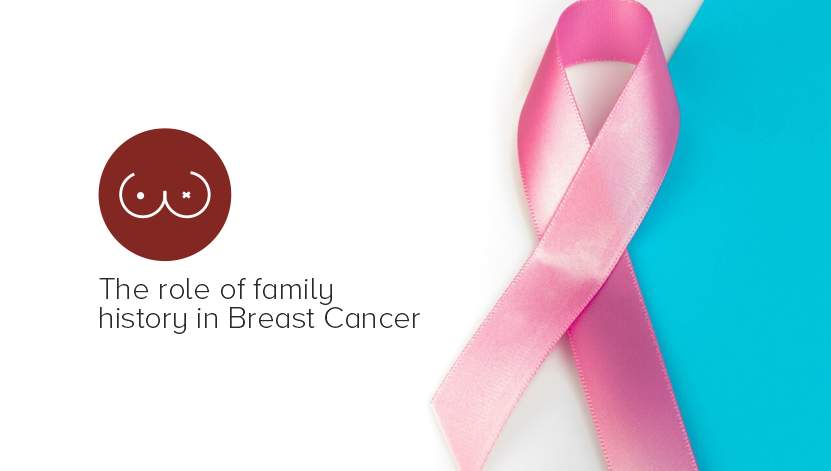Breast cancer is a complex disease with both environmental and genetic factors playing critical roles in its development. Among these, family history stands out as a significant risk factor that can offer clues about an individual's predisposition to developing the disease.
